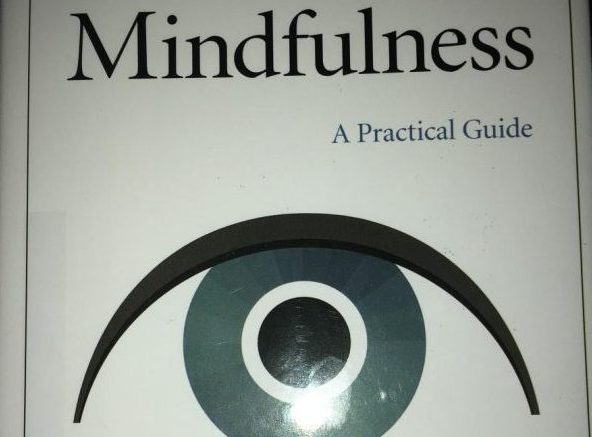Mindfulness
How practicing mindfulness is the future of emotional regulations
September 28, 2017
Practicing mindfulness is the most important skill I have acquired throughout high school. Students, myself included, tend to sacrifice their mental connection for academic success, this is why mindfulness is greatly important for students specifically. To define mindfulness, it’s a mental state achieved by focusing one’s awareness on the present moment, while calmly acknowledging and accepting one’s feelings, thoughts and bodily sensations, used as a therapeutic technique. Mindfulness is important because emotional regulation is a skill that most adolescents lack, but is very important and applies to almost every aspect of life.
Negative thoughts and distractions can be healed by practicing mindfulness. When students get stressed, our minds divert to anxious thoughts and that is how mental illnesses like depression and anxiety can form. When we go to this “auto-pilot” mode of negative thoughts, being aware of this state is how mindfulness can prevent the anxiousness. Being mindful of reality is proven to relieve stress, and although it cannot cure depression and/or anxiety, it is potent in preventing them.
Not only does mindfulness help with stress, but it also stimulates activity in parts of the brain that are overlooked when stress comes into action. The pre-frontal cortex is responsible for emotional connection and development, both of which are utilized when mindfulness is practiced. Bringing attention to your emotions and to the present can also be defined as mindfulness. My advice for all who are stressed out about academic challenges (juniors), social acceptance (freshmen) or college pressure (seniors) is to be attentive to your emotions and try practicing mindfulness when your thoughts take a turn for the worst.
